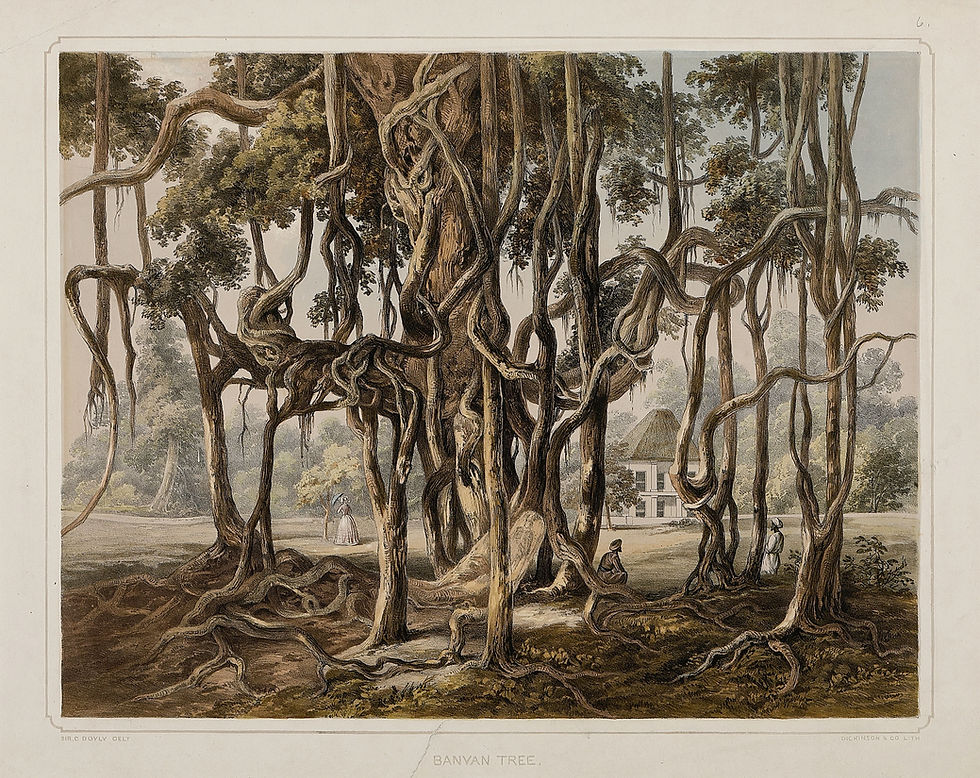Don't Crumple
- Paul Weinfield
- Jul 28
- 2 min read
I recently heard a teacher give a talk on acceptance. Once, he said, when he was in the military, he had to travel in a caravan across enemy lines, unable to see or hear anything in the dark. And at that moment, he realized he just had to accept his situation. He told his story beautifully — but it never occurred to him to ask why he was in that caravan in the first place. Why had he signed up for war, terror, and bloodshed?
I tell this story not to be judgmental, but to show how we often use the word “acceptance” to mean caving to social and emotional pressure. We’re afraid of displeasing parents, challenging beliefs, or going against the current of society. So we say, “I have to accept the way things are,” not realizing that we are part of what makes things the way they are.
We are not just victims of the weather: we help stir the winds.
The Buddha said surprisingly little about acceptance. He said a great deal about compassion, part of which is being kind to yourself when change is hard. But compassion also means knowing that you always have choices. Whether you’re in the middle of divorce, illness, or war, there is always something you can do. You can change how you think, speak, and breathe. And yes — if need be and if possible — you can walk away.
I’m not saying it’s easy. If you’ve been through trauma (and most of us have), you know that freeze-state in which the body collapses. But with consistent, loving awareness, you begin to see that even that state has cracks. There are always moments — before, during, and after — when you can re-establish a sense of safety, connection, and control.
This is the point of breath meditation. When you focus on your breath, let it feel good, and spread its energy through your body, you start to see that you don’t have to crumple under every pressure. You can keep your awareness broad and breathe into whatever is difficult until it reveals your power to you. That empowerment — not mere acceptance — is what you deserve most of all.




Comments